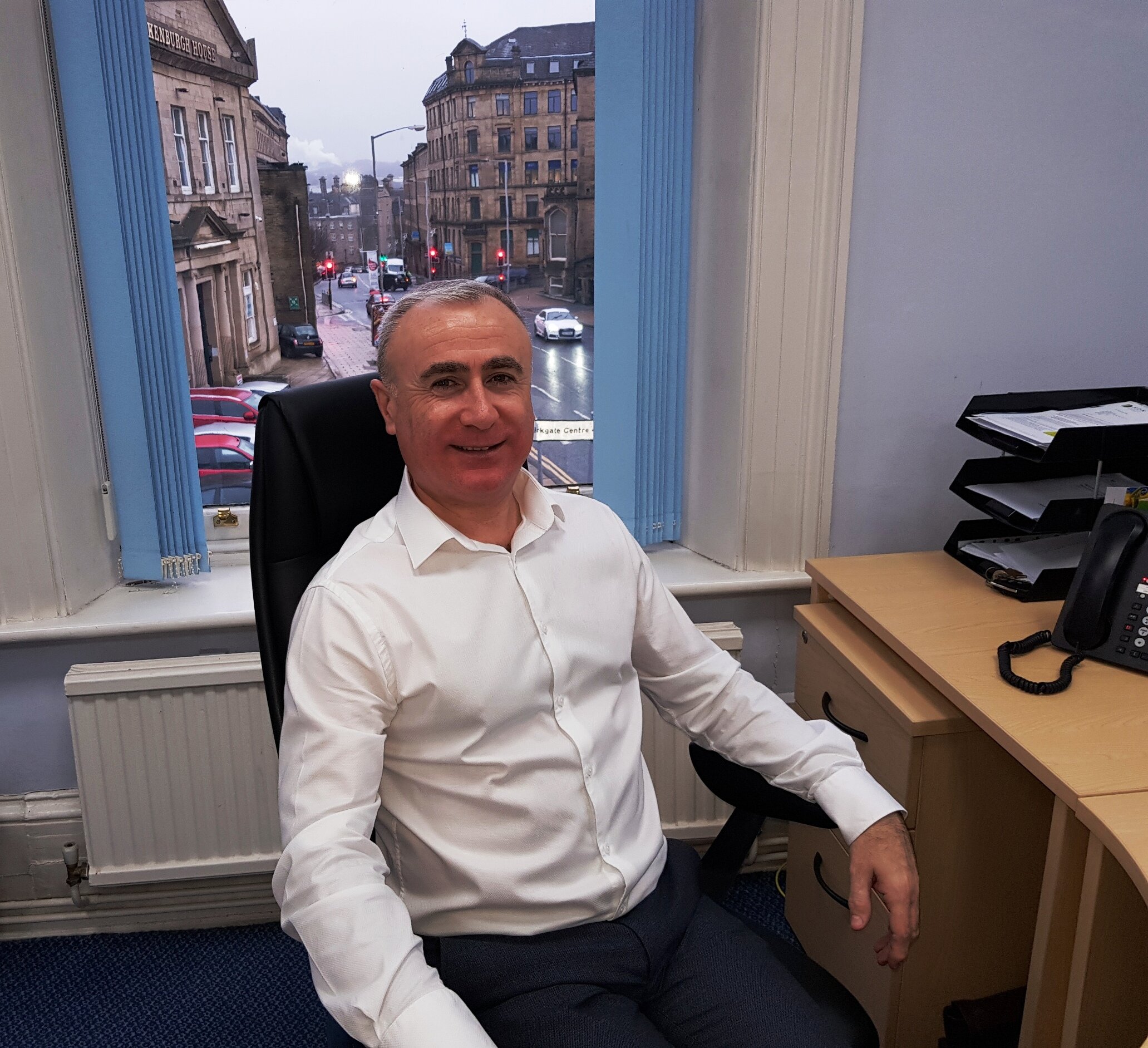Alongside MHA and MCB, the event attracted representation from Accord Housing Association, Anchor Hanover Group, Together Housing Group, Unity Homes and Enterprise, The Abbeyfield Society, Housing Learning Improvement Network, Chartered Institute of Housing, Race Equality Foundation, Housing Diversity Network and BME National.
Following a welcome from MHA Chief Executive Lee Bloomfield, proceedings began with a joint presentation by Ehtasham Haq and Professor Iqbal Asaria summarising the key findings in the MCB report, ‘Elderly & End of Life Care.’ They also outlined relevant helpful funding options, such as the social enterprise tax relief scheme, and highlighted the benefits of innovative financial initiatives that encourage younger people to invest in their future elderly care needs. Siting more sheltered housing schemes closer to mosques was also cited as a positive step.
Khurshida Mirza, from the Race Equality Foundation, presented recent data sets that illustrated the disadvantage experienced by many ethnic minority groups including housing deprivation, fuel poverty, poor health and limited life expectancy and talked about the urgent need for targeted interventions.
Abdul A Ravat, Head of Development and Relationships at The Abbeyfield Society and MHA Vice-Chair, called for the creation of a collaborative pilot scheme involving mosques, housing associations, Muslim charities and financial institutions to unlock land, develop culturally-driven care solutions and deliver social purpose.
The programme concluded with group discussions focussing in particular on necessary policy responses from Whitehall, statutory bodies and housing providers.
An action plan was also drawn up with a follow-up meeting planned for early next year. It is intended that this gathering will include input from organisations unable to attend the Bradford summit.
Dr Shuja Shafi, Chair of MCB's Research and Documentation Committee, said: "We welcome this opportunity to place Muslim elderly care on the housing providers' agenda. A multidisciplinary approach is urgently needed, with practitioners from various sectors, including social and health care, responding to the challenges.
“The MCB brings to the table opportunities for collaboration with its affiliate network, as well as findings on requirements and expectations from the faith perspective."
Lee Bloomfield, MHA Chief Executive, said: “It was great to see colleagues from a range of agencies come together to discuss ‘Ageing Well in BME Communities’ and learn more about the research on ‘Elderly and End of Life Care for Muslims in the UK.’
“Whilst the research was primarily about health and social care, it was evident that the missing piece of the tripod was housing so it was important to be able to demonstrate how health, housing and social care need to be joined up to provide better outcomes.”
Mushtaq Khan, Co-ordinator, BME National, said: “We have just published our mission statement and seeking to ensure that there are better services in the coming years for our ageing community is one of our priorities. We know that in the next 10 years there will be a spike in the numbers of older people from a BME background, and we need to be in a position now to start thinking, planning and preparing.”
Alastair Mulvie, Director at The Abbeyfield Society, said: “As an organisation that prides itself on our ability to enhance wellbeing for all older people, summits such as these are of the utmost importance to understand the diverse needs of our current and future residents, whatever faith or cultural community they are from.
“The presentations were extremely valuable in highlighting the varied and specific needs of people from BME communities.”









































